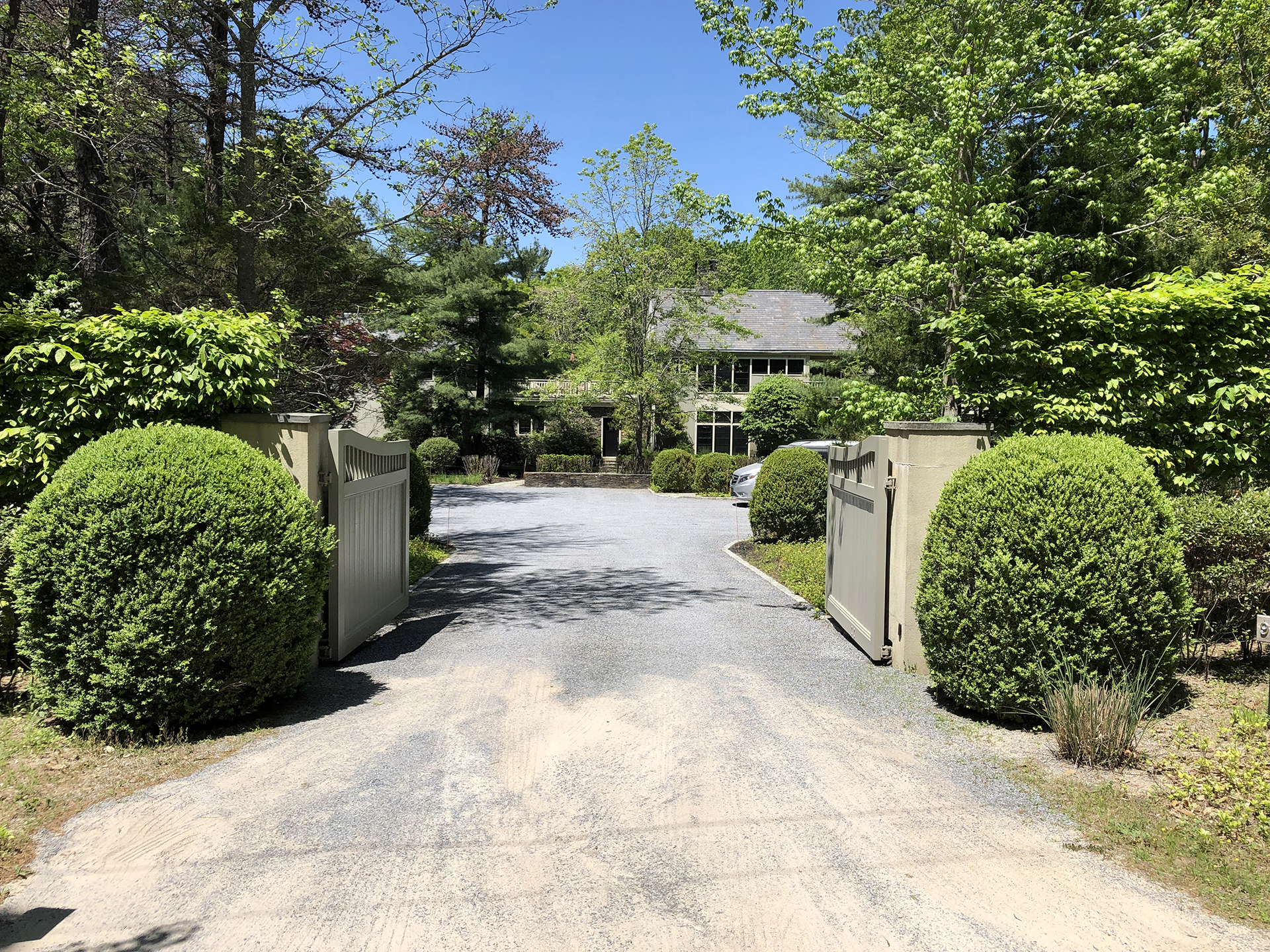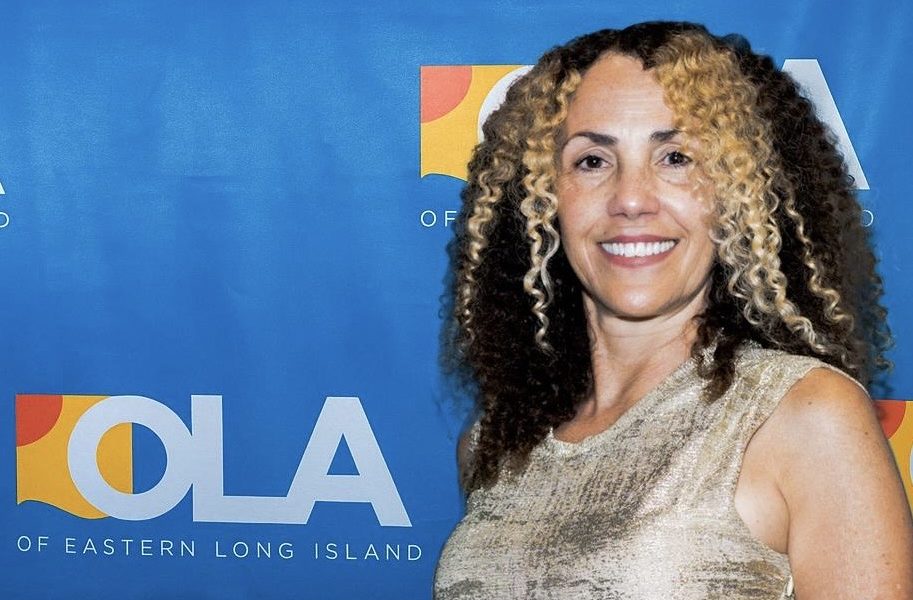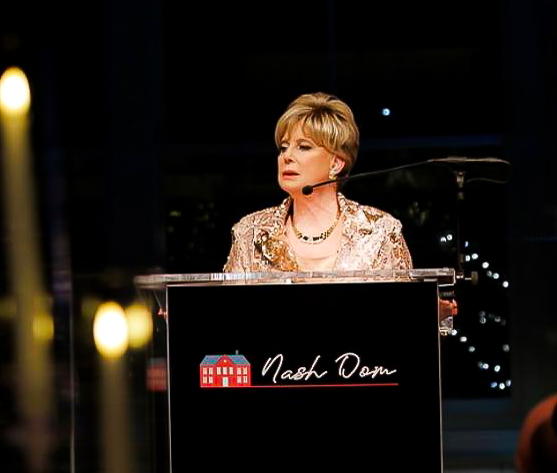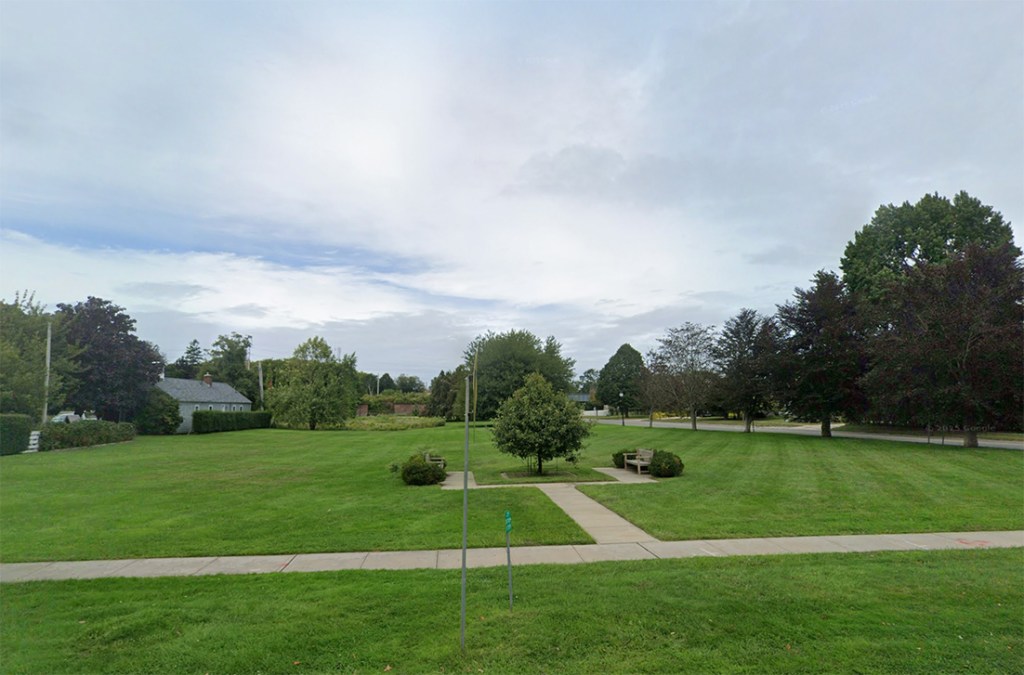EH Drug Treatment Facility Examined

After nine years, the war between the Dunes, an exclusive, for-profit drug rehabilitation facility, and its neighbors and East Hampton Town saw another vociferous battle May 21, this time at a hearing before the town’s Zoning Board of Appeals. The Dunes is seeking multiple setback variances from the town code. In addition, the town Planning Department has charged that the Dunes has over-cleared its property by almost 21,000 square feet.
The Dunes is run by Safe Harbor Retreat, which is owned by Joe McKinsey, who has said in the past that he is a recovering addict. It is located at 26 Bull Run. The part of the road that accesses the Dunes property is a Trustee-owned road.
The monthly tab for treatment at the Dunes is said to be between $45,000 and $60,000, depending upon the size of the private room in the eight-bedroom residence one stays in. In return for the money, the in-house patients are supplied with three chefs, a sous chef, masseuses, and yoga instructors. Care for their addiction is always on hand. There are three employees for each patient, the Dunes website says.
McKinsey has pointed out previously that the Dunes also offers scholarships to East Hampton residents who can’t afford the price tag, but need help battling drug addiction.
According to a neighbor, David Traitel, until the Dunes took over the property, the Bull Run access road was more like a nature path leading to Jason’s Rock, where Native Americans once drank from a spring, than a real road. But, in about 2009, Traitel said he woke up one morning to the sound of bulldozers and backhoes, as workers graded and widened the dirt path leading to the facility’s entrance.
In Court
McKinsey originally pitched the idea to the town that if the Dunes occupied the residence at 26 Bull Run, with its eight bedrooms, it would be complying with the zoning code, because the as-many-as eight patients residing there at any one time would be functioning as a single-family unit. Tom Prieto, then the town’s head building inspector, at first agreed with McKinsey, but later determined that, to operate the Dunes the way McKinsey described the business being run, he would need to obtain a special permit from the town planning board.
McKinsey and Safe Harbor appealed that determination to the ZBA. After the ZBA rejected McKinsey’s appeal in 2013, he then took the matter to federal court, claiming discriminating under the housing provisions of the Americans with Disabilities Act. In March of 2015, U.S. Eastern District Judge Leonard Wexler threw the suit out, saying Safe Harbor had not exhausted all the local remedies. It hadn’t even applied for the special permit Prieto said it needed, he pointed out in his decision.
“When you are asking for a special permit, we have to take special care,” Ian Calder-Piedmonte, a member of the planning board, told Safe Harbor in 2017. At that time, the planning board told Safe Harbor it would need to obtain setback variances from the ZBA.
In January 2017, Eric Schantz, a senior planner for the town, in a memo on the application, wrote that, aside from the variances requested, the property was over cleared by 20,890 square feet. This is a major problem, Schantz said, because the property is in a water recharge district, and such over-clearing can have an impact on the town’s drinking water.
That hearing was held in March, 2017. At that time, Schantz told the board, “There is a lot of revegetation that needs to be done to get into compliance.” The hearing was adjourned to allow, in part, Safe Harbor to submit a new survey.
Stormy Session
The May 21 session was a stormy one, with two attorneys, Alex Kriegsman for the Dunes, and Frank Isler, representing the neighbors, frequently interrupting each other.
Kriegsman presented the ZBA that night with a new survey. “You were supposed to turn this in months ago,” Roy Dalene, the vice-chair of the board, said. The chairman, John Whelan, had recused himself from the matter, so Dalene was in charge of the meeting. Dalene asked why the over-clearing had not been remedied. Kriegsman responded that he believed that the town had signed off on the clearing, as it is, back in 2014. He was critical of the board, saying that it was bound by federal law to make “reasonable accommodations” for the Dunes.
“If you want to ignore federal law, that is a decision for the town to make,” Kriegsman said. “We have an epidemic in this country of opioid addiction. It is particularly acute in this town. We have one facility that is actually doing something about it.”
“The town believes this lot is cleared to almost half an acre,” Dalene countered, “which violates the clearing limits.”
Board member Joan Morgan McGivern asked, “Will you allow members of the planning department to examine your property to determine if it is over-cleared, or not?”
“Sure,” Kriegsman said.
Isler, the lawyer for the neighbors, told the board that Schantz had informed Safe Harbor in 2018 that it needed to either submit a revegetation plan or request a variance for over-clearing the property. “This property has been operating for over nine years without a special permit, without a site plan, and without zoning variances, and it’s over-cleared,” Isler said.
Prejudice?
“I keep thinking the whole time, we are nitpicking,” Carolyn Liot, the clinical director of the Dunes, told the board. “Some people have objections for people getting help for addiction.” She said that many people in East Hampton have in-house chefs and staff.
“This is a very small facility, treating a small number of people at a time,” Liot said, “people who have a lot of influence in the world if they get well.”
Traitel, in his testimony, said he was offended that Kriegsman would compare his opposition to the Dunes to prejudice. He said he would be opposed to granting the variances needed for the Dunes to continue if it was another type of business that requires a special permit. The traffic and the trucks pulling into the Dunes are a hardship on the neighbors, he said. He said that the Dunes opened up shop knowing about the need for variances, then said, “We are here. You have to accommodate us.”
A second neighbor, Howard Buford, said, “There are trucks going in and out. Food service, laundry.” He told the board that neighbors, including himself, who have complained to or about the Dunes have been harassed.
“There are cars parked on the nature trail. There is litter. There are cigarette butts,” he added.
He concluded by telling the board, “There is nothing. No compliance. Nothing is going on. We really need your help.”
Addiction is a disability, Kriegsman said, “and the town is required to make a reasonable accommodation” when it comes to zoning. “You have to do it. Under federal law, you have to make a reasonable accommodation,” he repeated.
Dalene said that the ZBA had not questioned at all the type of facility, but, rather, was concerned about the requested variances, and seeing the property “come into compliance with town law.”
t.e@indyeastend.com









